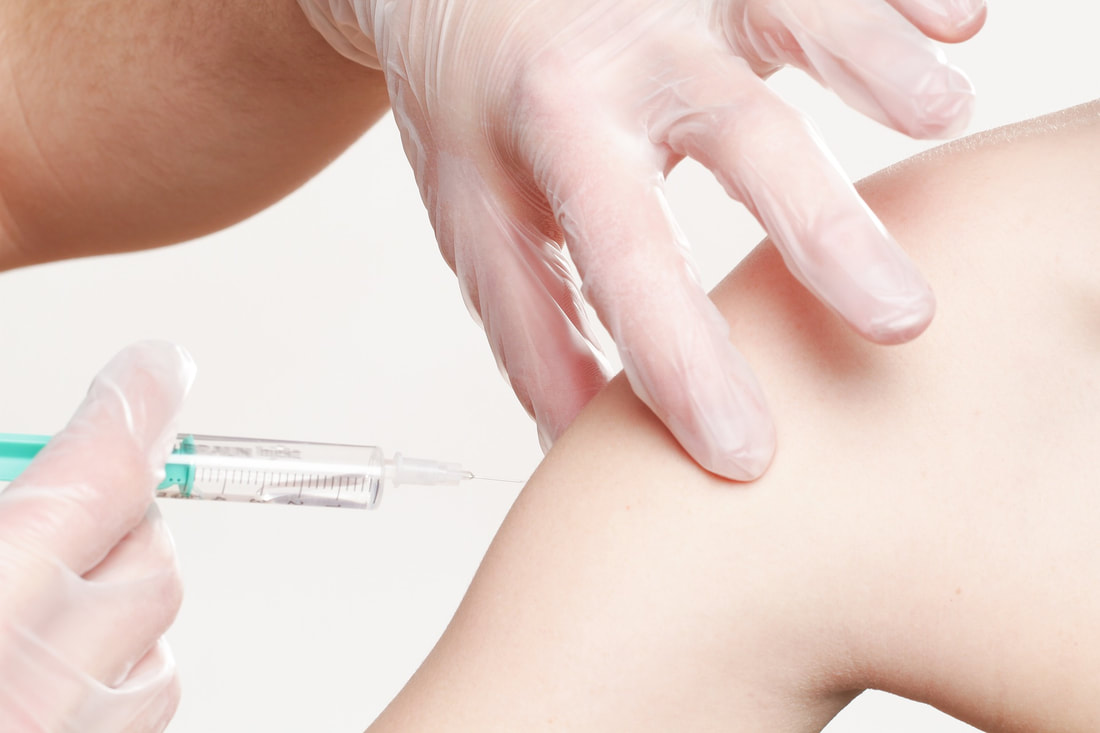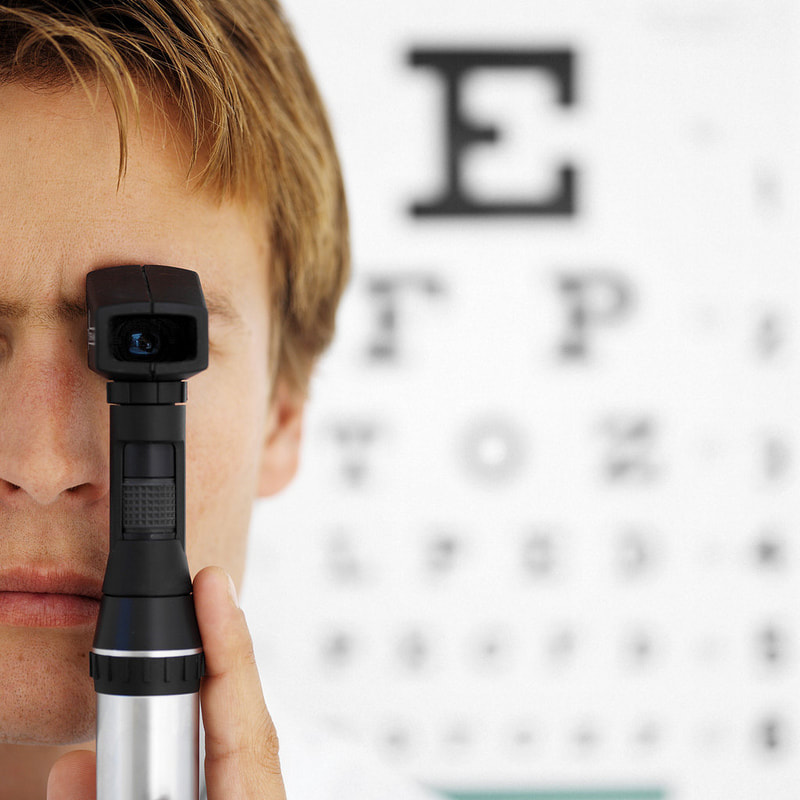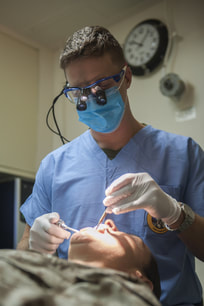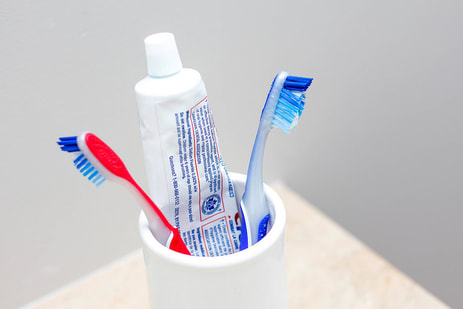5 Steps to Health-Related Emergency Preparedness
If SHTF and the doctors are busy saving peoples’ lives then many of the issues noted below will become low-priority, but they will definitely matter to you! Prepare now so you’re all set, health-wise, for societally-impacting disasters!
|
STEP 1: GET YOUR SHOTS
Vaccine-preventable illnesses are just that – preventable! In places where public health is impacted by war or other disasters these illnesses invariably crop up . Childhood vaccines
|
|
Yearly influenza vaccine
Hepatitis A & B vaccines
- True, they are not always effective.
- True, they wear off in one year
- BUT – if you get your shot, and get it early in the season (ie – October) then you’ll be way better off than everyone who didn’t get the shot.
- Just get the shot.
Hepatitis A & B vaccines
- Hepatitis A is a foodborne illness that can be transmitted by eating fruit, veggies or other foods that have been contaminated with germs in manure/stool. It is, unfortunately, more common than you would think. Getting Hepatitis A can cause severe jaundice, abdominal pain, illness and even death.
- Hepatitis B is a blood-borne illness transmitted via body fluids (blood, mostly) and can lead to chronic liver disease and death.
- These diseases are preventable if you get the vaccine series (2 shots for Hepatitis A, 3 shots for Hepatitis B).
- Just get the shots.

- Tdap (tetanus, whooping cough, diphtheria)
- Whooping cough is a prolonged illness which usually doesn’t kill adults but can be fatal in children, and is very contagious. Immunity after getting the vaccination only lasts 5-10 years.
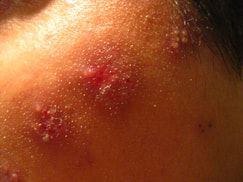
Shingles vaccine
- The new 2-shot series (Shingrix) is very effective and is recommended for adults age 50+
- Kids get this vaccine series during early childhood (see above).
- For adults there are two shots -- the Prevnar-13 and Pneumovax 23 vaccines
- Recommended for adults age 65+, and for certain immune-suppressed patients of any age.
STEP 2: PREVENTATIVE CARE
Don’t put it off! What if a major disaster is headed your way and your body is brewing something bad that will eventually kill you? Better to take care of it now instead of becoming a cautionary tale!
Colonoscopy: This procedures, although rated “not fun” by many, not only diagnoses colon cancer but can also prevent it by removing pre-cancerous polyps at the time of the exam.
Don’t put it off! What if a major disaster is headed your way and your body is brewing something bad that will eventually kill you? Better to take care of it now instead of becoming a cautionary tale!
Colonoscopy: This procedures, although rated “not fun” by many, not only diagnoses colon cancer but can also prevent it by removing pre-cancerous polyps at the time of the exam.
- Recommended every 10 years for low-risk adults after age 50
- Recommended every 3-5 years for adults in higher-risk categories (ie., those with a personal or family history of colon cancer or pre-cancerous polyps)
- Many breast cancers are very treatable if caught in the early stages.
- Recommended every 1-2 years in women ages 45-74.
|
Pap smear: This exam screens for cervical cancer and pre-cancer in women who are or have ever been sexually active.
|
STEP 3: DON’T PUT THINGS OFF
I totally GET procrastination and empathize with the human tendency to put things off for tomorrow. But what if the world literally falls apart tomorrow – then it will be TOO LATE!!
Stop Smoking!! It’s easier to quit now, when help is available.
I totally GET procrastination and empathize with the human tendency to put things off for tomorrow. But what if the world literally falls apart tomorrow – then it will be TOO LATE!!
Stop Smoking!! It’s easier to quit now, when help is available.
- Cold turkey is an option, but there are lots of quit aides available, too.
- Use the nicotine patch or nicotine gum, a nicotine vape, or take doctor-prescribed medication to help reduce your cravings (Chantix is by far the most effective option).
- I know it’s SO hard. But maybe it’s finally time.
- Fix those hernias – they can potentially kill you!
- Get your gallbladder removed if you have known gallstones (cholelithiasis). A gallbladder attack can also kill you.
- Get an IUD, vasectomy or a tubal ligation if you don’t want more babies.
|
STEP 4: TAKE CARE OF YOUR EYES
If you can’t see, you’re at a major disadvantage. What if you lose your glasses in a storm, flood or earthquake. Imagine how helpless you will be if you can’t see! Cataracts: If you have been diagnosed with cataracts - get them fixed!
|
STEP 5: TAKE CARE OF YOUR TEETH
What if you could never find a dentist ever again?? It would be really good to at least have had a recent cleaning, had any broken or problem teeth dealt with, and/or to have dentures that fit. Bad teeth and lack of dental care can lead to misery, infection and early death!
What if you could never find a dentist ever again?? It would be really good to at least have had a recent cleaning, had any broken or problem teeth dealt with, and/or to have dentures that fit. Bad teeth and lack of dental care can lead to misery, infection and early death!
- Get your teeth cleaned every 6 months
- Get those wisdom teeth removed if that has been recommended. I’m talking to you, 20-somethings!!
- Deal with broken teeth, lost fillings and cavities ASAP.
- Make sure your dentures or partials fit you well.
